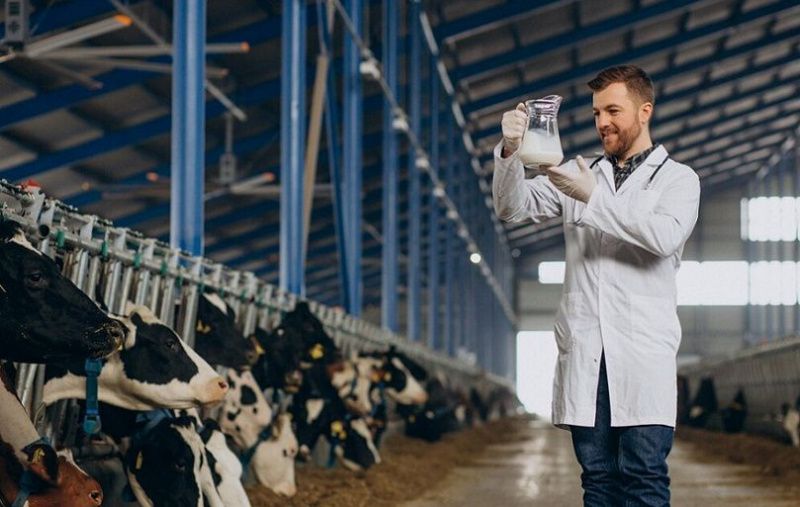US and EU Nations Move to Stockpile Bird Flu Vaccines for High-Risk Workers Amid Pandemic Fears
The United States and some European Union member states are actively pursuing measures to stockpile H5N1 bird flu vaccines, aiming to safeguard at-risk workers in the poultry and dairy industries, as well as veterinarians and laboratory technicians. This initiative comes in response to concerns from influenza experts about the potential for a pandemic outbreak.

Last week, US officials announced the repurposing of bulk vaccines from CSL Seqirus, which closely aligns with the current bird flu strain, into finished doses sufficient to produce approximately 4.8 million vaccine units. Concurrently, European health authorities have engaged in negotiations to secure CSL's pre-pandemic vaccine stock.
In Canada, health officials have held discussions with GSK, the provider of the country's seasonal flu vaccines, regarding the acquisition and production of a pre-pandemic bird flu vaccine, leveraging capacities that become available post-seasonal flu vaccine production.
Similar discussions are underway in other countries, including the UK, as global leaders consider their strategies for pre-pandemic vaccine preparedness.
The urgency of these efforts is underscored by the rapid spread of a new bird flu strain that surfaced in late 2020, leading to significant mortality among wild birds and domestic poultry and increasingly affecting various mammal species. In March, the virus was detected in US dairy cattle, affecting numerous herds across nine states and resulting in infections among two dairy workers. The US Food and Drug Administration has noted that about 20% of the US milk supply has shown traces of the virus, suggesting a potential for wider transmission.
The risk of the virus mutating and becoming more transmissible among humans is a significant concern, particularly due to human exposure in poultry and dairy settings. Matthew Miller, co-director of the Canadian Pandemic Preparedness Hub at McMaster University, emphasized the critical nature of these preventive measures: “All of our efforts need to be focused on preventing those events from happening,” highlighting the global imperative to mitigate the risk of a full-scale human pandemic.
In Canada, health officials have held discussions with GSK, the provider of the country's seasonal flu vaccines, regarding the acquisition and production of a pre-pandemic bird flu vaccine, leveraging capacities that become available post-seasonal flu vaccine production.
Similar discussions are underway in other countries, including the UK, as global leaders consider their strategies for pre-pandemic vaccine preparedness.
The urgency of these efforts is underscored by the rapid spread of a new bird flu strain that surfaced in late 2020, leading to significant mortality among wild birds and domestic poultry and increasingly affecting various mammal species. In March, the virus was detected in US dairy cattle, affecting numerous herds across nine states and resulting in infections among two dairy workers. The US Food and Drug Administration has noted that about 20% of the US milk supply has shown traces of the virus, suggesting a potential for wider transmission.
The risk of the virus mutating and becoming more transmissible among humans is a significant concern, particularly due to human exposure in poultry and dairy settings. Matthew Miller, co-director of the Canadian Pandemic Preparedness Hub at McMaster University, emphasized the critical nature of these preventive measures: “All of our efforts need to be focused on preventing those events from happening,” highlighting the global imperative to mitigate the risk of a full-scale human pandemic.
Key News of the Week











